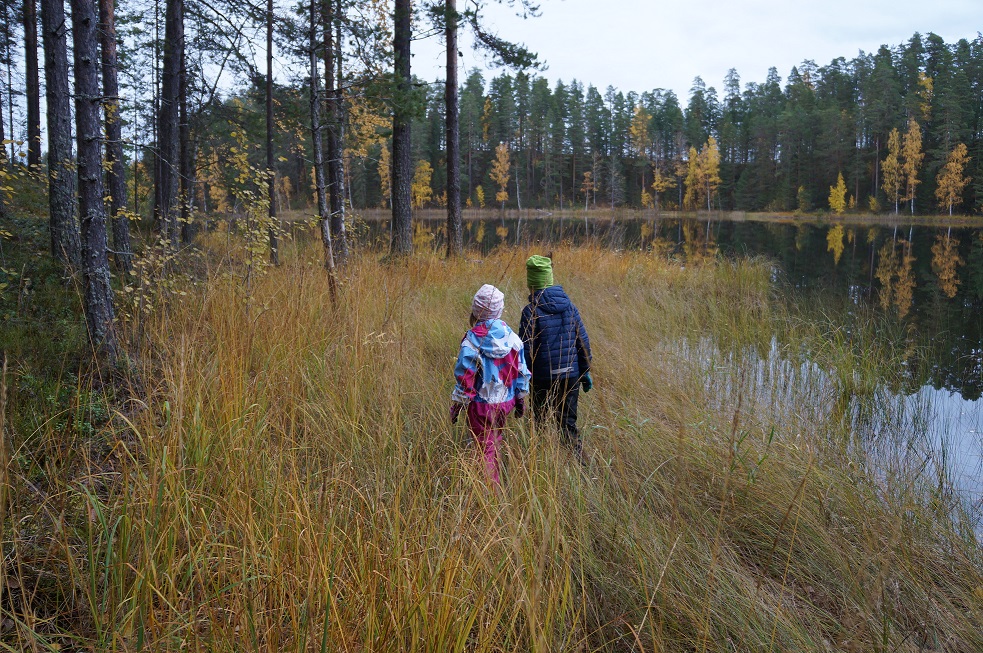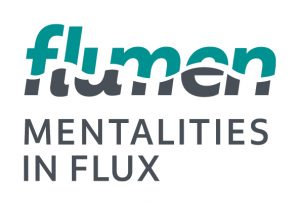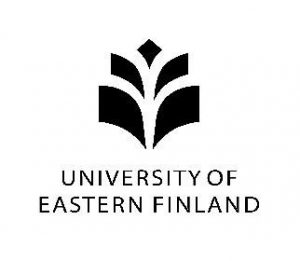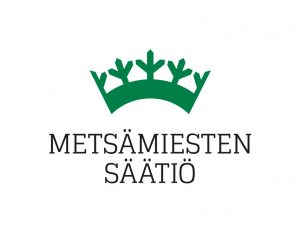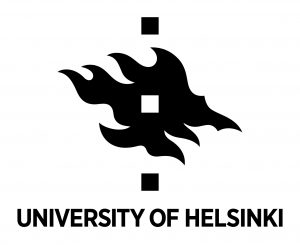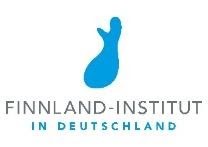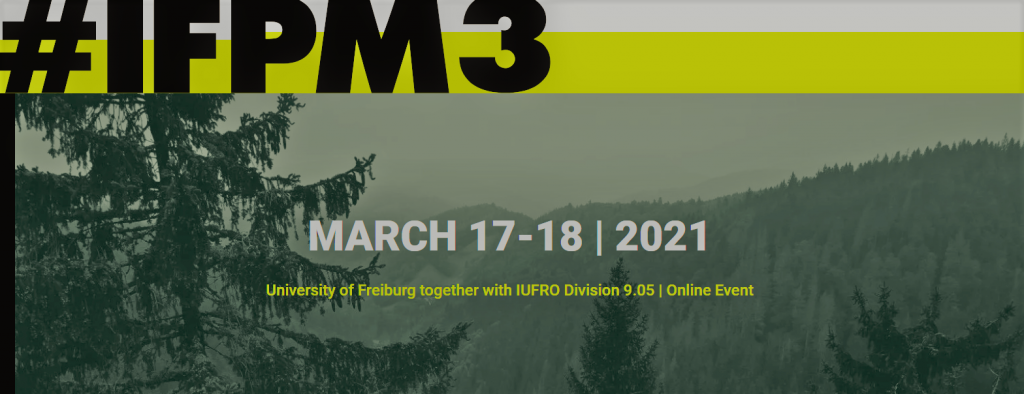Within the seminar series Seminarreihe LUCSUS at the Lund University (Sweden), Martin Fritz (flumen, University of Jena) and Max Koch (School of Social Work, University Lund) present their paper “Habitus and climate change: Exploring support and resistance to sustainable welfare and social–ecological transformations in Sweden.”
When? 30 September 2021 | 11:00 – 12:00 a.m.
How? Seminar language is Englisch and will take place online. Please, register here. You will then receive a confirmation email with a zoomlink to the seminar. More information here.
Abstract of the paper: We explore peoples’ dispositions and practices with regard to social–ecological transformations based on a sustainable welfare policy strategy in Sweden. We draw on Bourdieu’s concept of habitus to highlight the relations between social positions, dispositions, and position-takings. Using data from an own survey, we identify habitus types and place these in the space of social positions. We apply principal component analysis to a large set of questions about social, ecological, and climate change related topics and identify eight underlying eco–social dispositions. These are used for cluster analyses that find typical constellations of eco–social dispositions within the Swedish population: variants of eco–social habitus. We find seven habitus types and describe their social characteristics, political preferences, and practices. Finally, the seven habitus are plotted onto the map of social positions, the Bourdieusian social space, highlighting their relations—proximities, tensions, and contestations—to each other. We find evidence that political struggles around social–ecological transformations reproduce existing social structures but are also connected to new “eco–social” divisions that appear between groups in similar positions. In the conclusion we discuss the implications for social–ecological transformations based on sustainable welfare. You can read the paper here


